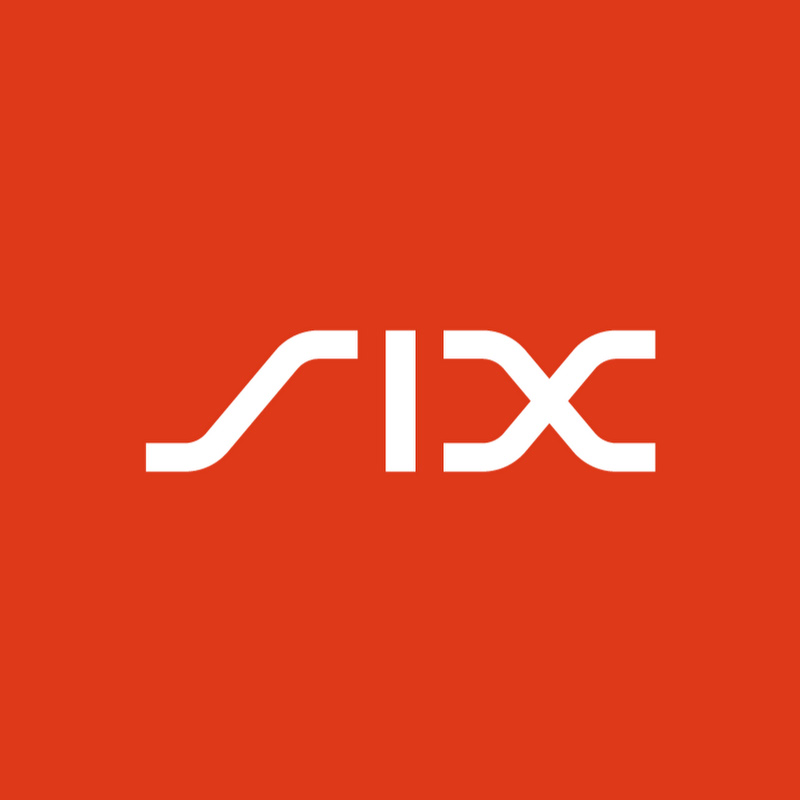In other news, SIX works with Megaport, municipal markets get new attention, and LiquidityBook acquires Messer Financial Software.
SIFMA: SEC Rule Puts Too Many Limits on Firms

Kenneth E. Bentsen, Jr
Securities industry trade association SIFMA and its Asset Management Group (AMG) are strongly urging the SEC to abandon proposed rules that would end or nullify the use of predictive data analytics (PDA) and PDA-like technologies by broker-dealers and registered investment advisors (RIAs).
In August, the SEC approved a proposal that attempts to control firms’ usage of predictive data analytics and it has opened a new rift as key commissioners say the regulator is overreaching and preventing investors from benefitting from new technology all in the name of preventing firms from putting their interests first.
The new rules under consideration, which were provisionally approved in a 3-to-2 vote, were spurred by the meme stock frenzy of early 2021 when stocks “gained viral popularity due to heightened social sentiment” and drove prices upward and downward quickly as Investopedia notes.
Since then, many artificial intelligence (A.I.) related and similar technologies have become popular with securities trading firms and could prove to have a bigger impact on market volatility than the meme stocks.
Last week, SIFMA and SIFMA AMG expressed their opposition in a letter to the SEC that urges the regulator to “instead consider more appropriate ways to address potential risks related to the use of PDA-like technologies,” according to a SIFMA announcement.
“The Proposed Rules would impose unreasonable and unworkable requirements on brokers and advisors and would limit their ability to use technology to provide valuable information and services to their clients,” says Kenneth E. Bentsen, Jr, president and CEO of SIFMA in the letter.
“These impractical limitations would harm market efficiency, competition, and investors,” Bentsen says.
SIFMA and SIFMA AMG stated the following as their main concern:
- “The existing regulatory regime for investor communications by brokers and advisers is robust, reasonable, and effective, and the commission has not shown any evidence or reason to justify new rules for their current or future uses of technology;”
- “The proposed rules would require brokers and advisers to ‘eliminate or neutralize’ conflicts of interest in all types of investor interactions and uses of technology, regardless of the existing framework or the nature of the relationship, and would burden many uses of technology that are unrelated to the Commission’s limited stated concerns;” and
- “The Proposed Rules would impose substantial and unjustified burdens which prevent a vast array of beneficial investor interactions and advisory practices.”
The comment letter further expands on these views and can be found here: https://bit.ly/3FqTUCN The trade association represents broker-dealers, investment banks and asset managers operating in the U.S. and global capital markets.
Megaport Used for Launch of SIX Connect
 SIX, a financial market and reference data and exchanges company, is working with network as a service (NaaS) provider Megaport to offer private access to its data services “via any major public cloud provider. The service is available as of today and covers more than 100 cloud regions as well as hundreds of data centers across North America, Europe and Asia Pacific,” official say.
SIX, a financial market and reference data and exchanges company, is working with network as a service (NaaS) provider Megaport to offer private access to its data services “via any major public cloud provider. The service is available as of today and covers more than 100 cloud regions as well as hundreds of data centers across North America, Europe and Asia Pacific,” official say.
“The expanded connectivity offering — SIX Connect — is part of a wider strategy to deliver clients unrivaled flexibility with regards to data access. It provides SIX customers with … connectivity to its entire suite of data services via the cloud or physical data centers. This includes SIX streaming, web, and file-based data services, used by many leading buy and sell-side institutions globally,” according to the announcement.
By using Megaport’s global network and technology, “SIX can enable private cloud access to all customers irrespective of cloud provider preference. This includes AWS, Microsoft Azure, Google Cloud and Oracle Cloud, among others. In this way, SIX provides a significant extension of its client-facing market data network infrastructure without the need for clients to re-engineer existing technology stacks. It also expands the connectivity options available for users from any public cloud environment,” SIX officials say.
SEC, MSRB & FINRA Plan Outreach to Municipal Markets
 The SEC, Municipal Securities Rulemaking Board (MSRB), and the Financial Industry Regulatory Authority (FINRA) have opened the registration for a virtual Compliance Outreach Program for municipal market professionals, officials say.
The SEC, Municipal Securities Rulemaking Board (MSRB), and the Financial Industry Regulatory Authority (FINRA) have opened the registration for a virtual Compliance Outreach Program for municipal market professionals, officials say.
The free webcast is open to the public and will take place on Thursday, Dec. 7, 2023, from 10:30 a.m. to 4:30 p.m. ET, according to the announcement.
“The program will provide municipal market participants an opportunity to hear from SEC, MSRB, and FINRA staff on timely regulatory and compliance matters for municipal advisors and dealers. Panel topics will include a discussion of compliance concerns of small dealer and municipal advisor firms; credit rating agency compliance concerns including rules of the road for municipal market participants; unregistered municipal advisory and dealer activity; pricing compliance; and a forward look at regulatory and enforcement priorities,” according to the announcement.
“This year marks the 10th anniversary of the final municipal advisor registration rule and the 13th year since the passage of Dodd-Frank, and I think it is a great opportunity for the SEC, MSRB, and FINRA to expand the compliance conference to all municipal market participants,” says Dave Sanchez, director of the SEC’s Office of Municipal Securities, in a prepared statement. “The conference allows the SEC, MSRB, and FINRA a chance to speak jointly to the municipal market on where the examination, enforcement, and regulatory framework currently stands and where we see it going in the future.”
FINRA is overseeing the registration here: https://bit.ly/46TUO6y
LiquidityBook Releases LBX PMS 2.0 & Buys Messer Financial Software
 LiquidityBook, a provider of cloud-native buy- and sell-side trading solutions, has recently released LBX PMS 2.0, an enhanced portfolio management and accounting system, officials say.
LiquidityBook, a provider of cloud-native buy- and sell-side trading solutions, has recently released LBX PMS 2.0, an enhanced portfolio management and accounting system, officials say.
In addition, LiquidityBook acquired Messer Financial Software, which is “a boutique capital markets fintech provider renowned for its multi-asset financing automation and reconciliation capabilities,” officials say.
LiquidityBook has added new features and integrated functions from Messer, which has led to the inclusion of capabilities for “financing automation for products such as swaps and many credit instruments (e.g., ABS, CDS and loans), and powerful reconciliation tools and dashboards for both buy- and sell-side clients,” officials say.
“Our modular POEMS and FIX network architecture means our clients’ tech stacks can integrate various vendor and homegrown products, enabling differentiated, customized solutions and workflows … The Messer financing engine fits smoothly into LBX’s services-based architecture,” says Kevin Samuel, CEO of LiquidityBook, in a statement.
“Bringing our firms together was the next logical step in this process,” Samuel says.
“We’ve been working together for over a year, and what struck us from the beginning of our partnership was how similar the technology, culture, and evolution of the two organizations are,” says Bryan Messer, founder of Messer and now GM, APAC and managing director, portfolio management solutions and artificial intelligence at LiquidityBook. “Our functionality is essentially complementary and with both companies following an API-first model, integration was straightforward.”
“Our clients range from startup hedge funds and large, established asset managers to broker-dealers, outsourced trading desks, and software vendors,” says Jonathan Cross, general manager, EMEA at LiquidityBook, in a prepared statement.
“With regard to our buy-side clients, and especially newer or smaller funds, time and again we hear their need to shadow their fund admins or manage their own books and records. With this newly enhanced and expanded set of capabilities, our clients can own their data at the source, running full shadow NAV, reconciliation, and other processes that asset allocators expect of them,” Cross adds.
Need a Reprint?